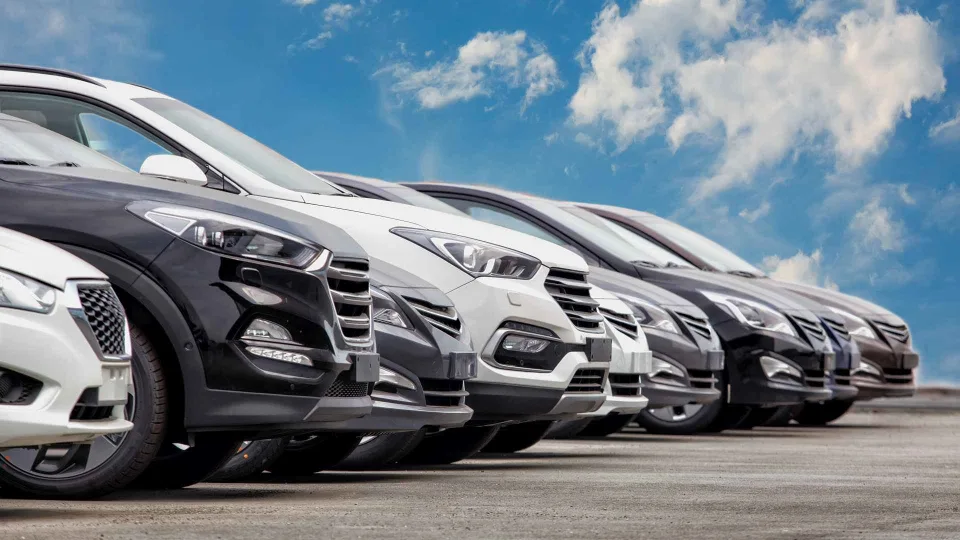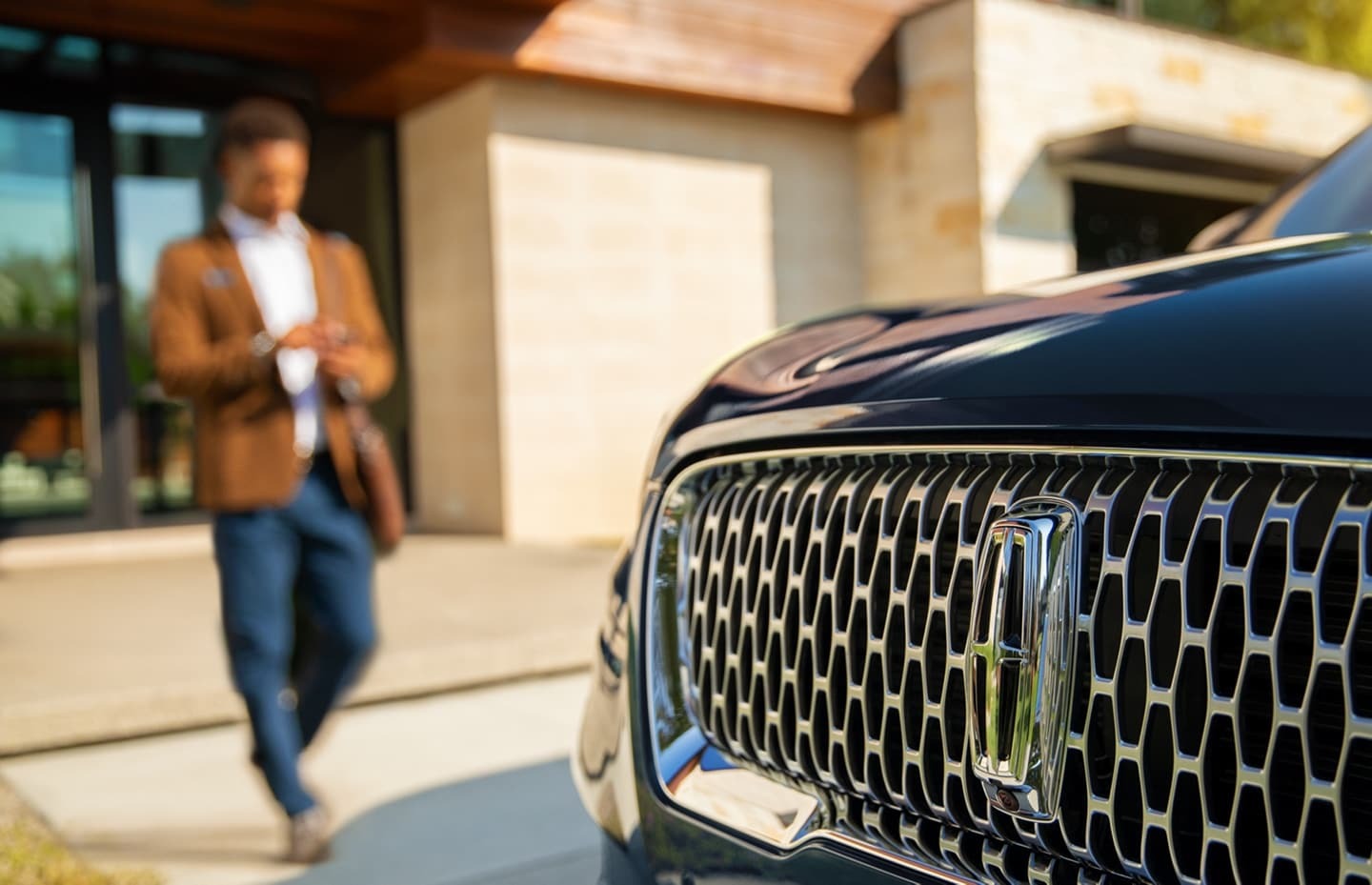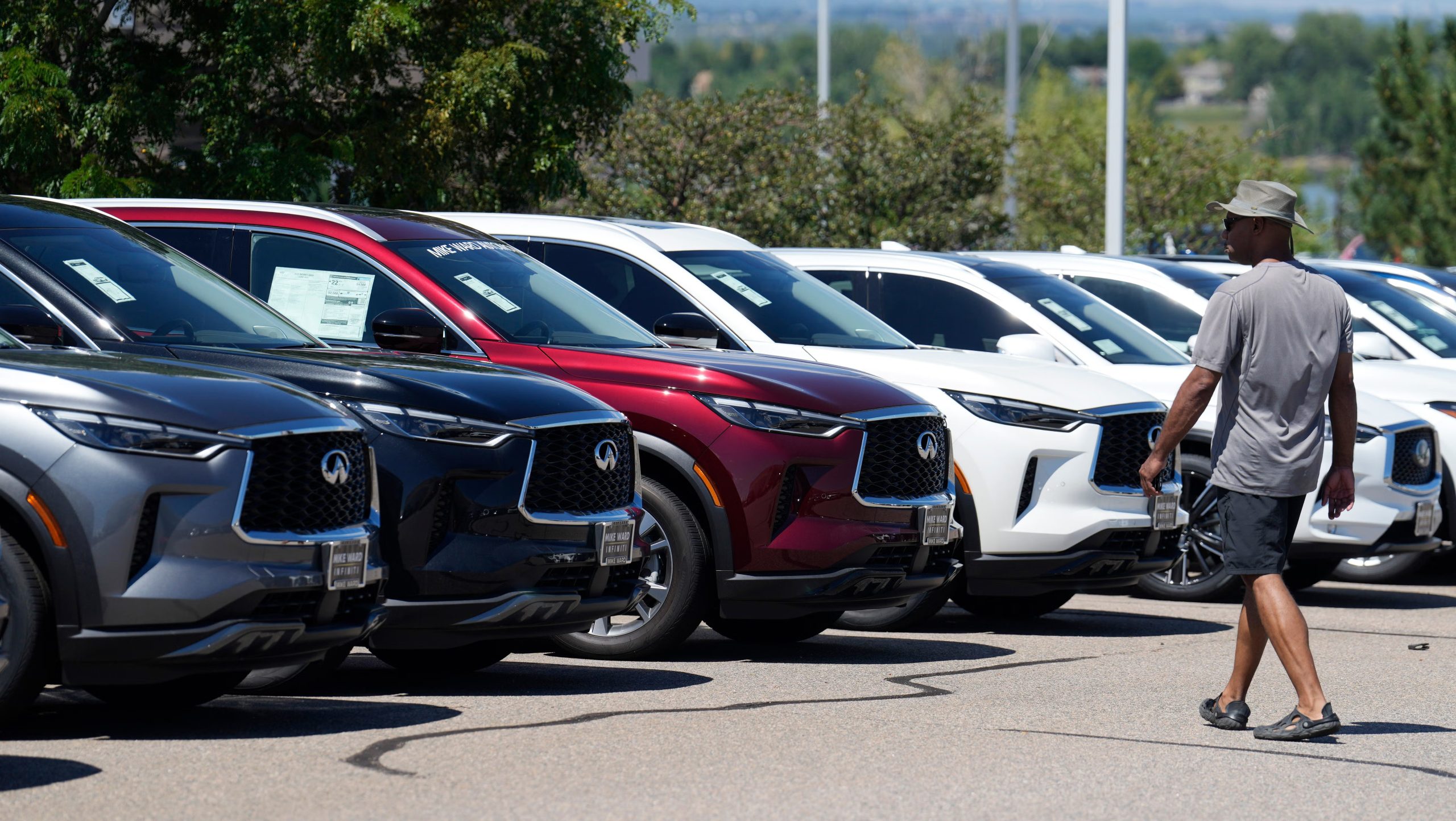Used-car prices soared during the pandemic’s aftermath, as a global supply chain crisis left many new cars unavailable. At one point, some used cars were selling for more than they had when they were new. However, this trend has reversed, with used-car prices now down by about 11% compared to the previous year. The current average cost for a used car is just under $30,000, a considerable reduction from the height of the crisis. In contrast, new-car prices have remained near record highs, averaging around $48,000. This shift in pricing presents an opportunity for consumers to find deals on used cars, making it an ideal time to buy a pre-owned vehicle.
There are several routes to purchasing a used car, each with its own set of benefits and challenges. Buyers can choose to purchase a used car directly from an individual, from an independent dealer, from a manufacturer-branded dealership, or from a certified pre-owned (CPO) program. The CPO route offers a high level of security due to rigorous inspections and warranties but comes at a higher price. Whether purchasing privately or through a dealership, understanding the different options available and how to navigate them can help buyers secure a well-maintained, reliable vehicle at a fair price.
For anyone considering a used car purchase, it’s important to know what to expect in terms of pricing, warranties, and condition. Private sales might offer lower prices, but they come with greater risks and fewer protections. Independent dealers may provide financing options and some guarantees but might not offer the same security as a dealership tied to a specific manufacturer. Meanwhile, CPO cars represent the highest level of assurance, albeit at a premium price. By examining each option and weighing the pros and cons, buyers can make an informed decision that fits their needs and budget.
Buying From an Individual Seller
Buying a used car from a private individual can offer the lowest prices, especially for older models with high mileage. However, this option carries significant risks. Cars purchased privately often lack warranties, and if they are older or have substantial mileage, mechanical issues may be more prevalent. Additionally, obtaining financing through private sales can be difficult, as sellers typically prefer cash transactions. Despite these downsides, a private sale can be ideal for those with a limited budget or those looking to negotiate directly with the seller.

Safety is a major concern when purchasing a used car privately. If buying from online platforms like Craigslist or Facebook Marketplace, it’s essential to meet the seller in a public, well-lit location to ensure personal security. Always request a vehicle history report and maintenance records, and have the car inspected by a trusted mechanic to identify any potential issues before completing the purchase. If the seller insists on cash payments rather than certified bank checks, this may also signal potential concerns regarding the legitimacy of the transaction.
While private sales may be cheaper than dealership purchases, the lack of formal inspection or certification can result in costly repairs down the road. Buyers should be vigilant and ensure that they fully understand the condition of the vehicle. If opting for a private sale, doing thorough research and taking precautions can mitigate risks and lead to a worthwhile deal.
Buying From an Independent Dealer
Independent dealers are not tied to a specific automaker but often provide a wide selection of used cars, ranging from national chains like CarMax and Carvana to smaller local dealers. These outlets may offer lower prices than traditional dealerships, and some, like Carvana, provide a money-back return policy along with a limited warranty. Financing options are typically available through the dealer, making it a convenient option for those who need assistance with funding.

Despite these advantages, independent dealers come with some drawbacks. Because these dealers are not affiliated with a specific manufacturer, they do not offer the same backing or support as a brand-specific dealership. This can make it harder to resolve issues if the car turns out to have problems after purchase. Additionally, financing options at independent dealerships may come with higher interest rates, so it’s wise to arrange pre-approved financing from your own bank or credit union before visiting the dealership to ensure the best terms.
Before committing to a purchase, it’s important to have any used car from an independent dealer thoroughly inspected by a trusted mechanic. This ensures that the vehicle is in good condition and minimizes the risk of hidden issues. Additionally, buyers should avoid being swayed by in-house financing deals without first understanding the total cost of the loan and exploring other financing options.
Buying a Non-Certified Car at a Branded Dealership
Manufacturer-branded dealerships, such as Ford or Subaru, offer used cars that may not be certified by the manufacturer. These vehicles typically come at a lower price compared to certified pre-owned (CPO) vehicles but lack the additional warranty coverage that a CPO would offer. Some may have been serviced by the dealership, which can provide added peace of mind regarding their condition.
While buying a non-certified used car from a branded dealership can be an affordable option, it does come with trade-offs. The lack of a CPO warranty means that buyers are exposed to more potential repair costs. Non-certified cars are generally more expensive than those bought through private sales or independent dealers, though the trade-off may be worth it for those who want to buy from a recognized dealership. It’s essential to ask for the vehicle’s history report and service records, as well as to ensure that the car is inspected by a trusted mechanic before purchase.

Non-certified cars at branded dealerships may also come with some degree of dealer inspection, but this is not as comprehensive as the checks involved in a CPO program. Buyers should be aware of the potential for hidden issues and the lack of warranty protection when purchasing non-certified vehicles from these dealerships.
Great Cars to Buy Used
Certain cars are known for their exceptional reliability, making them excellent choices for used-car buyers. These vehicles often require fewer repairs and offer longevity, making them great options for those looking to avoid major repair costs. Vehicles from brands like Toyota, Honda, and Subaru are often included on lists of the best used cars due to their proven durability and low maintenance costs.

When selecting a used car, it’s helpful to focus on models that are currently coming off lease, as they tend to be well-maintained, relatively new, and in good condition. These vehicles, often between 2 to 3 years old, may still have a significant portion of their original factory warranty remaining. For buyers looking for a used car that provides good value, focusing on reliable models from trusted brands can ensure that they purchase a vehicle that will serve them well without unexpected breakdowns or costly repairs.
Among the top recommendations for used cars, many models from recent years—2019 to 2022—are ideal due to their relatively low mileage and high reliability. Investing in a dependable used car can save money and provide peace of mind for years to come.
Buying a Certified Pre-Owned Car
Certified pre-owned (CPO) vehicles are often seen as the gold standard in used-car purchases. These cars go through a detailed inspection process by the manufacturer, ensuring that they meet rigorous standards before being offered for sale. CPO cars typically come with manufacturer-backed warranties, providing additional protection after the original warranty expires.

CPO vehicles tend to be newer models, often between 2 to 3 years old, and are usually in excellent condition with low mileage. Buyers who choose a CPO vehicle can expect reassurance that any issues found during the inspection process have been addressed. In addition to warranties, CPO cars often come with additional perks, such as roadside assistance and maintenance programs. While CPO cars can be about 2% more expensive than non-CPO vehicles, the added security can be well worth the extra cost, especially for those purchasing higher-end or luxury cars.
One of the biggest benefits of CPO vehicles is the peace of mind they offer. With the backing of the manufacturer’s warranty, buyers are protected against unforeseen issues and expensive repairs. However, it’s important to carefully review the warranty terms and exclusions, as some CPO programs may not cover certain high-cost repairs, such as suspension or electronic components. Ensuring that the warranty covers key parts of the car is essential for making an informed purchase.
Cars to Get Certified Pre-Owned
When considering a CPO vehicle, it’s wise to focus on models that are known for their reliability but also have higher repair costs when issues arise. Luxury cars or high-tech vehicles may benefit from CPO warranties due to the expensive nature of repairs. For instance, cars like the Lexus RX, BMW X5, or Audi A4, while reliable, can be costly to repair without the protection of a CPO warranty.

By purchasing a CPO version of these high-end or complex models, buyers can protect themselves from large, unexpected repair bills, especially as vehicles age. Models from the 2021 to 2022 range are ideal for CPO purchases, as they typically offer low mileage and are still under the manufacturer’s warranty. These cars often come with the added bonus of factory-backed coverage, ensuring that they remain in top condition while offering buyers the security of a reliable warranty.
For buyers looking for both luxury and security, CPO vehicles from premium brands like Audi, BMW, and Lexus are an excellent choice. They offer a balance of reliability and manufacturer-backed protection, making them a smart investment for those seeking a high-quality used car.

